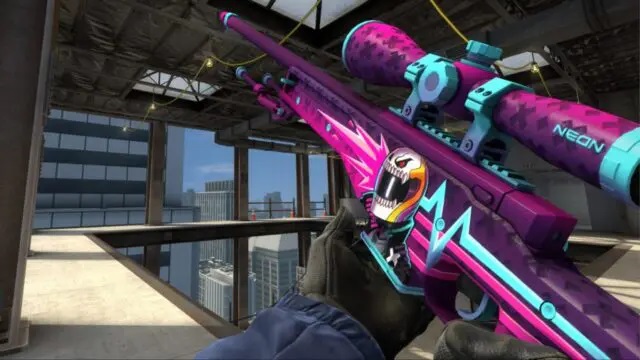The world of CSGO skins has been around for quite some time now, and it’s only getting bigger. Many people wonder what the future holds for these virtual items and how their value and use in gambling may change over time.
The Rise of Skin Trading
Let’s look at how CSGO skins came to be such a phenomenon. In the early days of Counter-Strike: Global Offensive (CSGO), players could only obtain skins through random drops while playing the game. However, as more and more players started to show off their rare skins, others began to take notice.
Soon enough, skin trading became an underground economy all its own. Websites like OPSkins and Bitskins popped up, which allowed players to buy, sell and trade skins with each other. For more of this, go to csgobook.com.
The Value of CSGO Skins
All CSGO skins have a certain monetary value assigned to them based on their rarity or popularity. Some can sell for thousands of dollars on sites like OPSkins, where players will pay for them using real money and just trading within the game.
Furthermore, players have become innovative when using CSGO Skins in gambling activities. Currently, many different types of gambling utilize skin betting; some popular examples include jackpot games and roulette simulators.
These developments have led to concerns about underage gambling since minors can easily acquire these seemingly harmless virtual items but are unaware that they can convert them into cash value by selling goods or services online.
The Future Is Uncertain
With new updates constantly being pushed out by Valve Corporation (the parent company behind CSGO), it is difficult to predict exactly how the future will impact CSGO skin gambling. There is no question that Valve recognizes its importance; however, they remain tight-lipped about any potential changes or regulations that could affect skin trading going forward.
One possible outcome is that governments worldwide may clamp down on skin betting or even attempt to make CSGO skins an illegal commodity due to their perceived connection to gambling.
On the other hand, Valve themselves could implement changes within the game to regulate the in-game economy for sales of skins or introduce their system for online matchmaking betting.
Either way, one thing is certain: The future of CSGO skins is uncertain. With the game’s popularity showing no signs of slowing down anytime soon, we can only wait and see what developments occur in this ever-changing virtual marketplace.
Final Thoughts
CSGO skins have become a staple of modern video games. Earning them can be challenging but fun while selling and buying them has become somewhat addictive and fulfilling. Whether you own expensive rare items or just like showing off your favorite skin among friends, it’s hard not to get sucked into the allure of these virtual items with real-world values.
However, as with any type of betting, including ones involving virtual goods, there are inherent risks involved with gambling attached to skin trading. It will be up to players and regulators at all levels (developers/operators/governments) to ensure that CSGO skin gambling remains engaging and enjoyable without harm.

